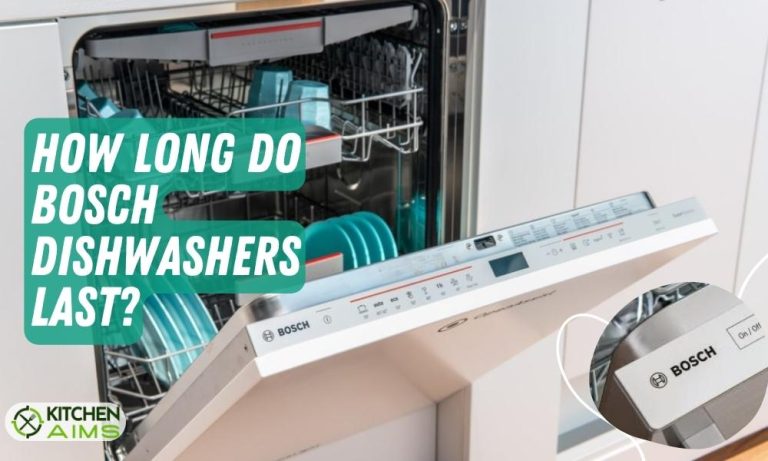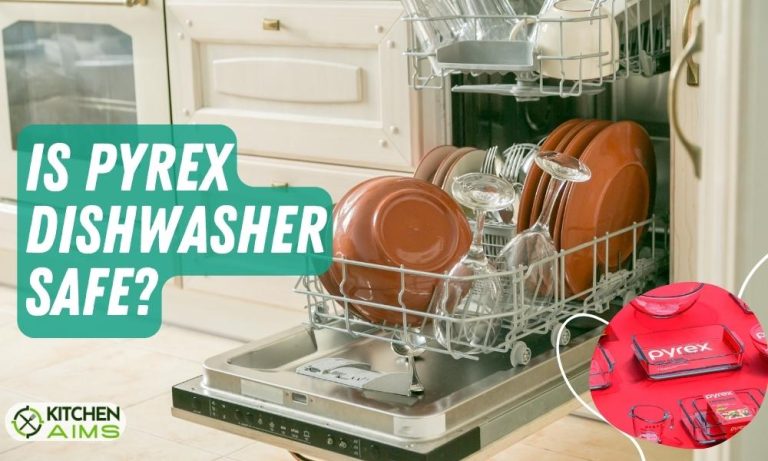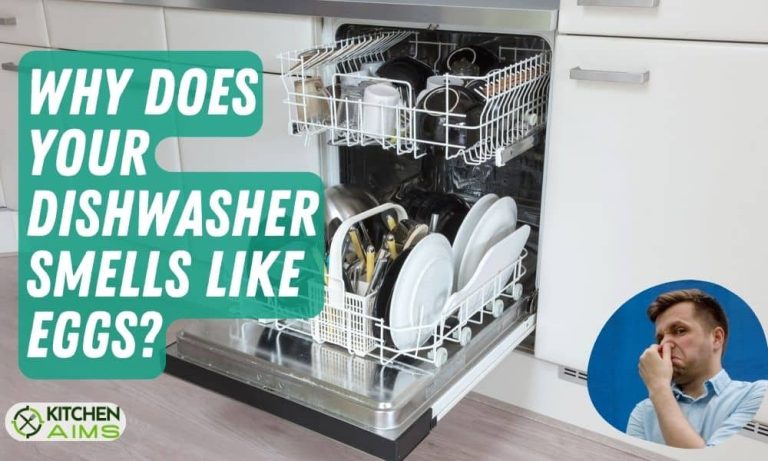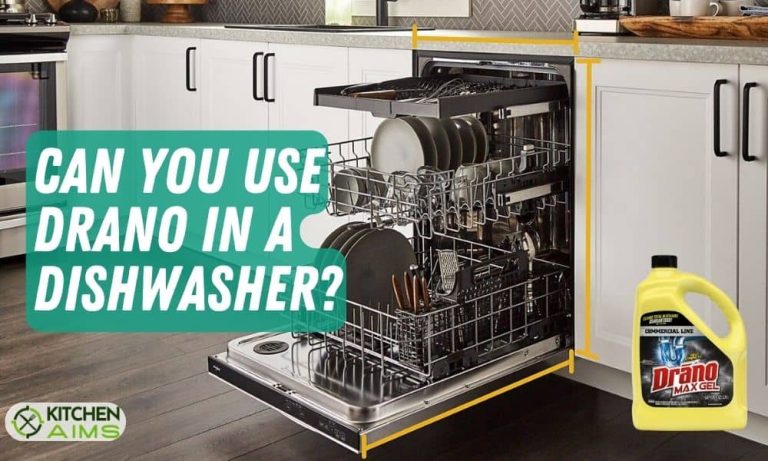Do Dishwashers Dull Knives? – How to Keep your Knives Safe?
Nowadays, imagining a modern kitchen without a dishwasher is really hard. It saves time and energy by doing the most tiresome of everyday chores, including washing dishes.
Dishwashers are very convenient, but there are also some rumors that they can dull knives. If we summarize the chef’s opinions, we can see that 80% of them considered dishwashers damaging kitchen knives.
So to answer this question, “do dishwashers dull knives” is yes. But this question may also answer “not” according to the knife material, used detergent type, and how the knife is loaded into the dishwasher.
In this article, we will talk about all those dishwasher factors that can damage your knives and suggest some best ways to wash and clean your knives properly. We will also give you tips on storing knives to maintain their sharpness.
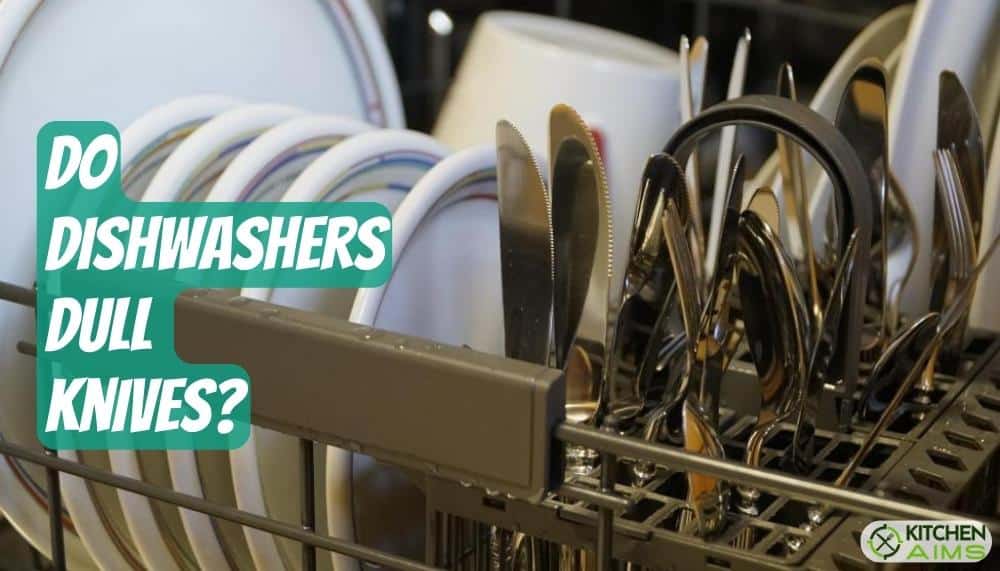
Contents
How does the dishwasher dull knives?
Dishwashers work like washing machines. The arm rotates to spray hot water and detergent onto the items. Dishwasher water is typically between 120°F and 140°F. Both the hot water and detergent are not good for knives.
Dishwasher Cleaning Chemicals
Dishwasher detergents include enzymes that collapse proteins, fats, and starches. Chemicals in dishwasher detergents are also hard on knives. With time, these chemicals cause the blade to be dull and affect the steel.
Cleaning agents contain chemicals like sodium hypochlorite, a powerful oxidizing chemical, and sodium chloride also called bleach which reacts with specific metals.
The reaction of these chemicals with the knife metal can cause rust. So with time, the chemicals in the detergent can dull or damage the steel of the knife. And dull knives are insecure to use.
See our article: Are dishwashers worth it?
Heat and Water Pressure
Dishwashers use high-pressure hot water to break up food debris on dishes. It works well for dishes, but the high-pressure hot water can damage knives. Stainless steel knives, in particular, are easily damaged by hot water.
Hot water on knives can weaken the steel and make it brittle. Continued application of boiling water may cause warping or damage to the knife. And if the handle of the knife is made of wood, the hot water may cause the wood to expand and split.
The disorder of the pressure and water movement can cause the knives to collide with other objects in the dishwasher. You need to check the nicks, dimples, and scratches on the handle and blade. Also, some knives may shift position due to movement in the dishwasher.
Dishwasher Cycles
Wondering what goes on inside a dishwasher? Dishwashers have a rotating arm that sprays water and cleaning agents onto dishes. Consider it a mini washing machine.
First, a “pre-rinse” of hot water is performed to remove large food debris from the dishes. After the pre-rinse, the main wash cycle of hot water and detergent cleans the dishes. A final rinse removes any remaining detergent and cleans the dishes with warm water.
The process involves a lot of turbulence and force, often resulting in cuts, dents, and scratches on the knives. So before using the dishwasher, line up the knives first to avoid damaging them! But how? Let’s learn the recommended ways;
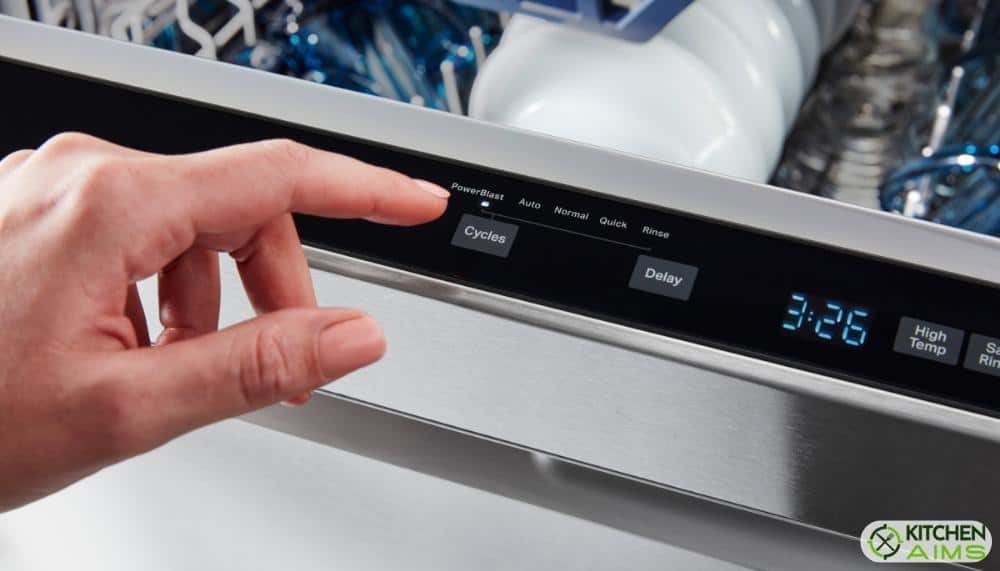
Tips to Place Knives in the Dishwasher
Dishwasher use is not recommended; especially hardened knives made of carbon steel. However, if you plan to use a dishwasher, follow these tips to place them properly to avoid any damage;
- Place the knife in the silverware basket with the blade facing down. It is less likely to injure and damage knives.
- Knives should be arranged in the dishwasher, so they do not touch each other or other items. Close stacking of knives can cause knives to bump against each other and dull them.
- Use mesh bags designed to hold silverware while using the dishwasher.
- Use the gentle cycle of the dishwasher, if it has one, as low water pressure and temperature can reduce damage.
- Avoid drying knives on dishwasher heaters. Try to use a towel for drying.
Properly setting the knife in the dishwasher reduces the damage risk. Let’s say you don’t have a dishwasher and would like to protect your knives further. Go for the hand-washing option.
Are Ceramic knives dishwasher safe? Find out in this article.
4 Best Tips to Clean Knives
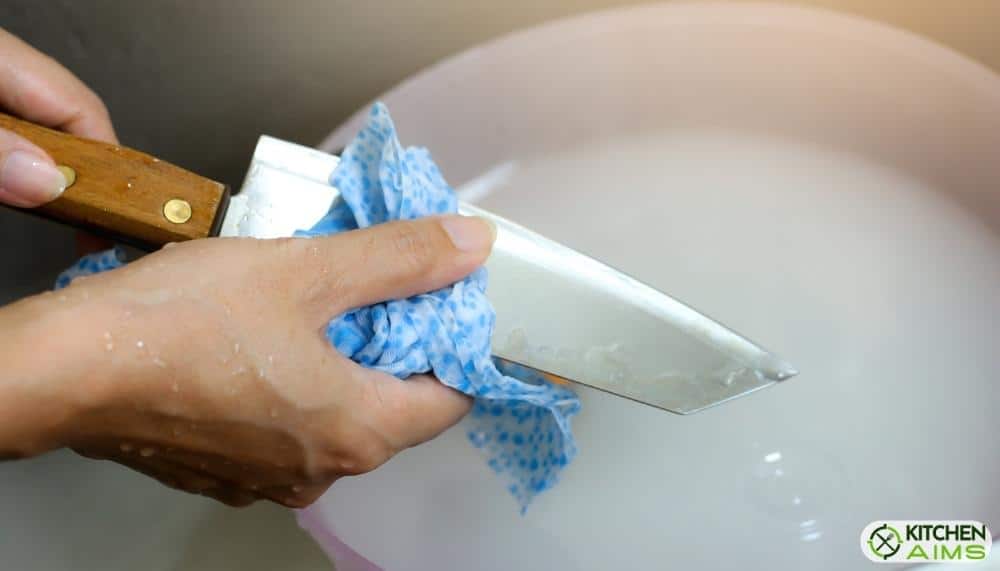
Tips to Store Knives to keep them Sharp
After washing and rinsing knives, it is essential to dry them properly to prevent rust. The recommended way to dry knives is by hand drying with a soft towel. Here are some best practices to safely dry and keep your knives sharper;
- First, the knife must be held by the handle.
- Dry the blade and handle with a clean, soft towel.
- Try to avoid air-drying as it can stain the water and promote rust. You can also use a paper towel.
Conclusion
Dishwashers are easy to clean dishes, but they can also damage knives. High temperatures, harsh detergents, and disorder can damage and dull knives over time. Hand Wash is best for your knives to make them last longer. So if you mistakenly put your knives in the dishwasher, clean it immediately and keep it safe.

Mery Webber
Mery Webber, the founder of Kitchen Aims, is a passionate home cook with extensive experience in the kitchen appliance industry. Through her blog, she aims to share her knowledge and help readers create the perfect kitchen.


